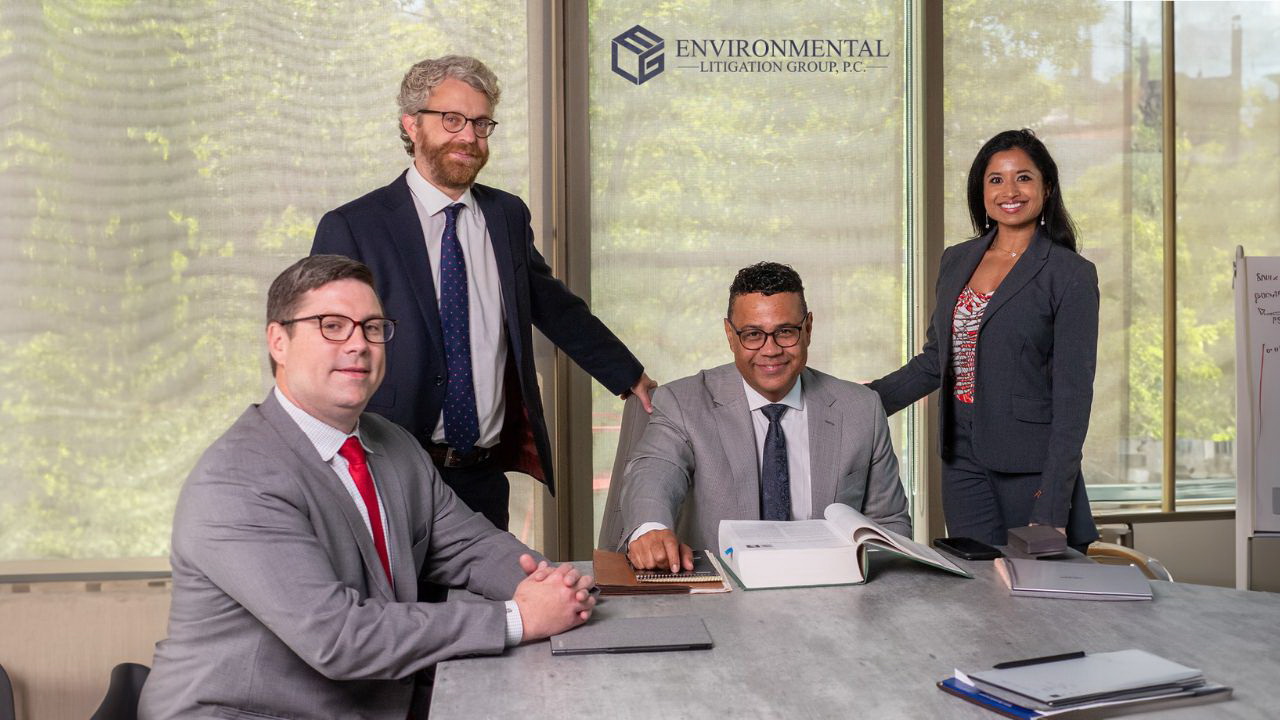Diseases caused by toxic exposure & products

As the second most common cause of death, cancer occurs in nearly 2 million people and claims the lives of over 600,000 individuals every year in the U.S. Toxic exposure is a lesser-known risk factor for cancer and usually takes place in occupational settings. However, taking certain medications contaminated with harmful substances may also result in cancer. During the last century, over 100 million Americans were exposed to asbestos, as the mineral was present in more than 3,000 products, and manufacturers and employers were keeping people in the dark about the dangers of exposure. Nowadays, the fire suppressant AFFF poses a major health threat to military and civilian firefighters, as it contains PFAS, a group of over 5,000 toxic substances known as "forever chemicals". Exposure to dangerous chemicals also occurred on approximately 700 military bases across the country. If you struggle with cancer and have a history of toxic exposure or have used a contaminated drug, we encourage you to get in touch with our attorneys, who might be able to help you obtain financial compensation.
Our Attorneys